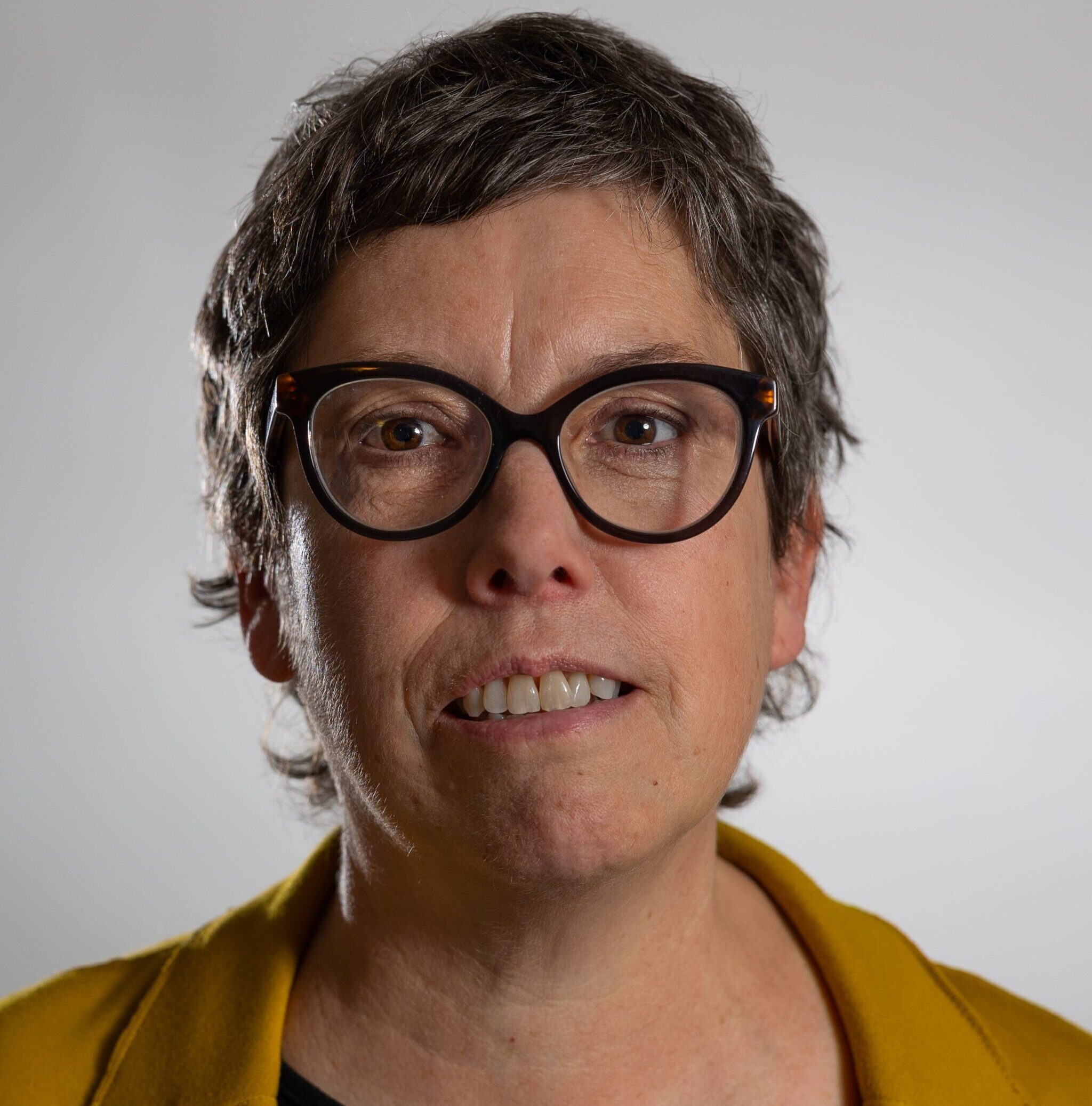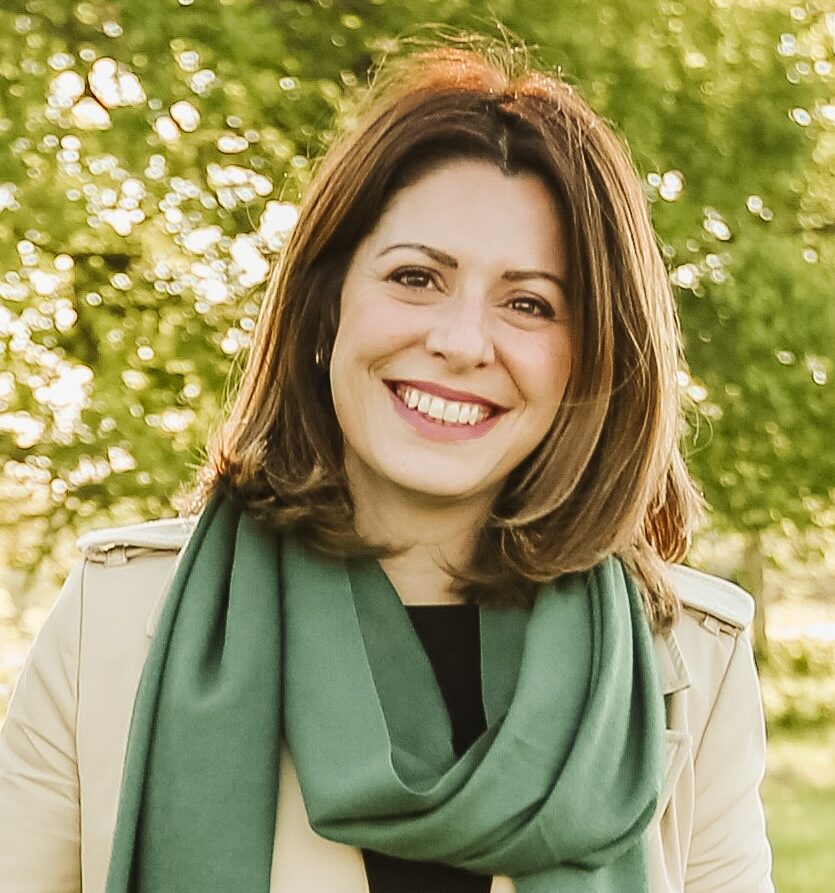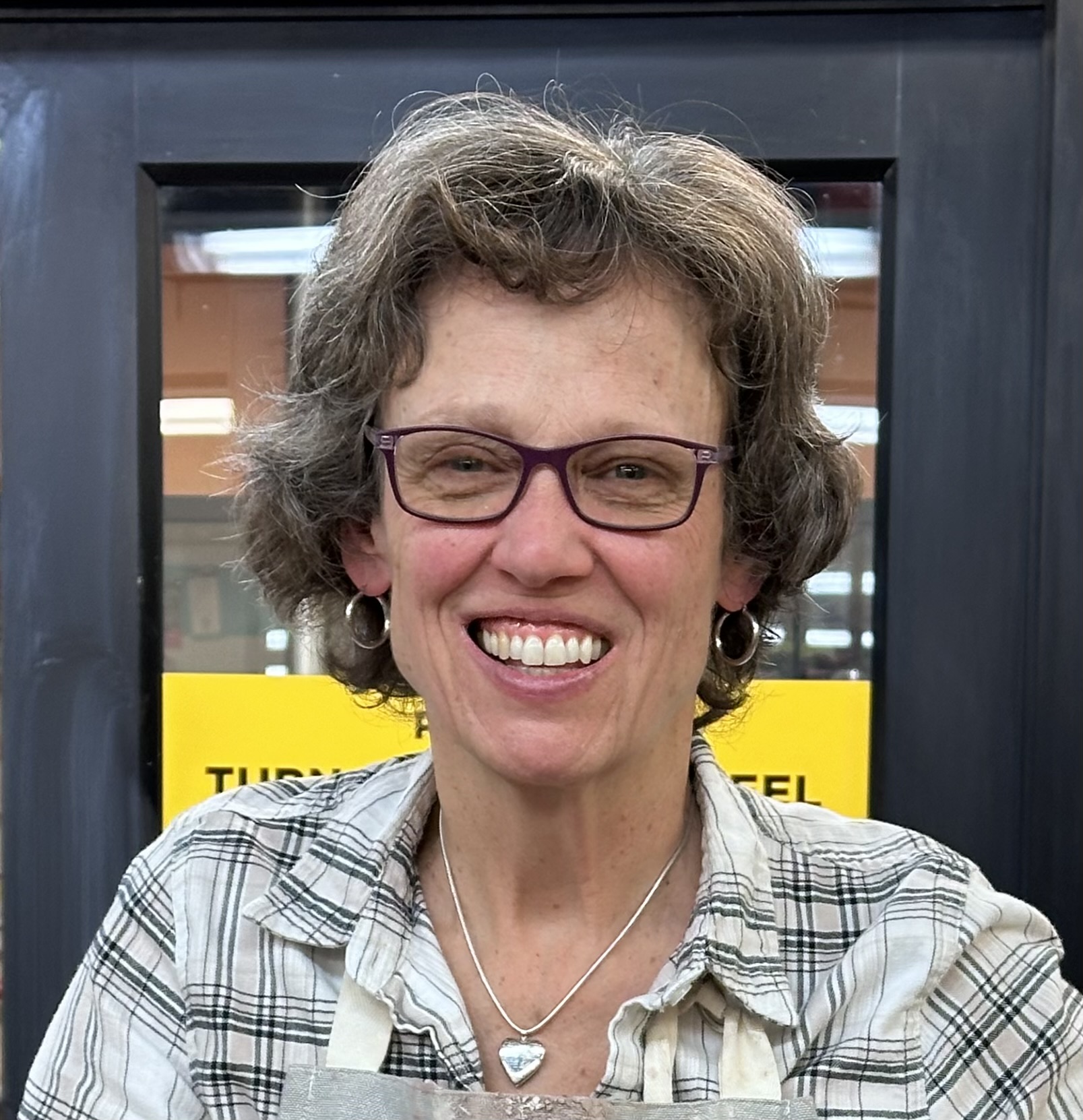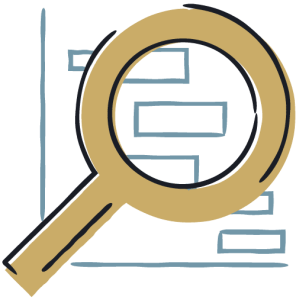Spring 2025 Schedule

Tools and Tactics for Recovering Troubled Projects
February 21 | 10:00–11:00 a.m.
Online
Presented by Dr. Shawn Belling, faculty, College of Engineering
(this session has passed)
Content level: intermediate
This interactive session addressed the challenges of troubled projects and provided participants with a toolkit to identify issues, replan and respond effectively, and achieve project goals. Combining real-world examples with adaptable methodologies, this session was applicable across various scenarios and types of projects.
During this session, participants learned to diagnose root causes of project failure, implement effective stakeholder engagement strategies, and leverage various tools to re-establish timelines and budgets. By the end of this session, participants left with the knowledge and techniques to identify troubled projects and drive successful recovery, ultimately improving team performance and organizational outcomes.


Thriving Through Transitions: Understanding the Personal Dynamics of Organizational Change
March 5 | 11:00 a.m.–12:00 p.m.
Online
Presented by Jen Erickson, capacity building lead, Office of Strategic Consulting, and Theresa Kim, program manager and facilitator, Office of Human Resources
(this session has passed)
Content level: introductory
In the dynamic field of project management, change is a constant. However, it’s not merely the change itself that presents challenges—it’s the way we navigate transition that significantly impacts our projects and teams. Recognizing this distinction is crucial for effective project leadership. This interactive session equipped participants with practical tools and a robust framework to manage transitions effectively. Participants gained the skills they needed to lead their team through change with confidence and success.
Follow-Up Meeting: For participants of this session, there will be an optional follow-up Zoom meeting on March 12 from 11:00 a.m. to 12:00 p.m. This meeting will focus on conversation and discussion, providing participants with the opportunity to delve deeper into the topics covered. No presentations—just a forum for reflection and sharing. Save the date! A separate email invitation will be sent to registrants following the March 5 In Scope session.

Launching Projects the Right Way: Setting the Stage for Success
March 13 | 1:00–2:00 p.m.
Online
Presented by Margaret Debrauske, senior project manager, Office of Strategic Consulting
(this session has passed)
Content level: introductory
In this interactive session, participants learned the essential strategies to plan, execute, and manage the most critical processes of their project with confidence—right from the start. They sharpened their leadership skills as project managers and learned how to inspire their teams every step of the way. Participants discovered proven methods to map out and structure their projects from day one, best practices for anticipating roadblocks and keeping their timelines on track, and key leadership techniques to foster collaboration and keep their teams motivated through every phase.
Whether leading their first project or refining their existing skills, this session equipped participants with practical tools and insights to guide their projects from kickoff to celebration.

Leveraging Work Breakdown Structures for Effective Project Planning and Tracking
April 9 | 2:00–3:00 p.m.
Online
Presented by Dr. Ardala Katzfuss, professor, Applied Drug Development Program, School of Pharmacy
(this session has passed)
Content level: intermediate
A work breakdown structure (WBS) is a cornerstone of effective project planning, providing a manageable breakdown of project scope. Extending the WBS into a project network (a visual representation of a project’s tasks, activities, and dependencies) provides a clearer view of the project timeline and critical task dependencies.
In this session, participants learned the mechanics of network diagrams, including techniques for estimating task durations and identifying relationships between tasks. This visual representation helped participants sequence tasks chronologically and provided a roadmap for tracking their project’s progress, ensuring timely completion.
This session built on concepts from the fall 2024 In Scope session on Work Breakdown Structures. However, participation in that session was not a prerequisite for joining this one.

Transforming Your Daily Work: Leveraging Generative AI for Project Management
May 8 | 1:00–2:00 p.m.
Presented by Margaret Murphy, learning and development manager, Facilities Planning & Management
(this session has passed)
Content level: introductory
Discover how generative artificial intelligence (AI) is revolutionizing project management by boosting efficiency and driving innovation. In this session, participants explored AI tools that streamline repetitive tasks, enhance productivity, and support decision-making.
Through group activities and real-world examples, participants learned how to:
- Utilize AI to develop project management tasks and work plans, freeing up time for strategic work.
- Generate documents such as project charters, status updates, communications, presentations, and meeting agendas.
- Enhance decision-making by summarizing information and providing actionable insights.
By the end of the session, participants gained practical strategies to integrate generative AI into their workflow, improving efficiency, clarity, and success in their projects.

